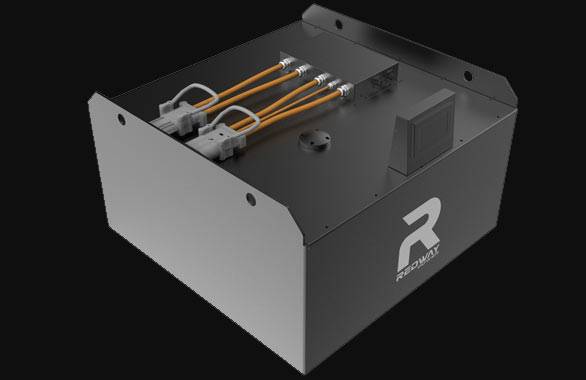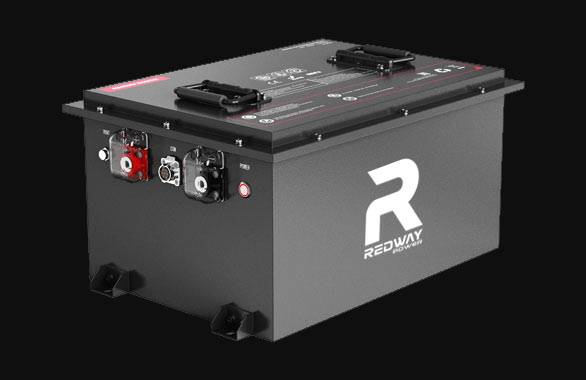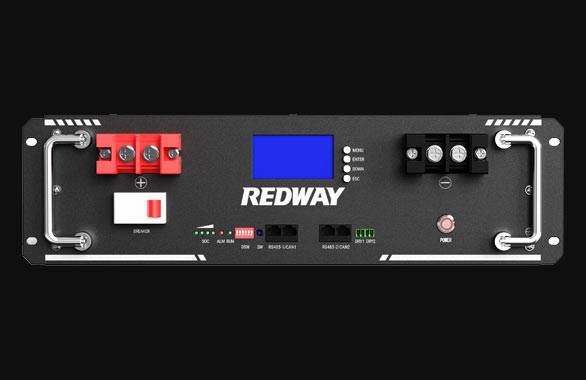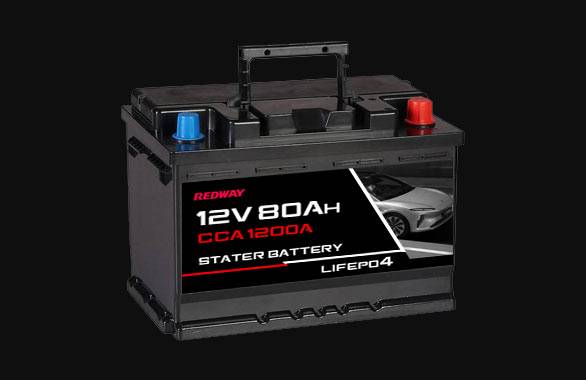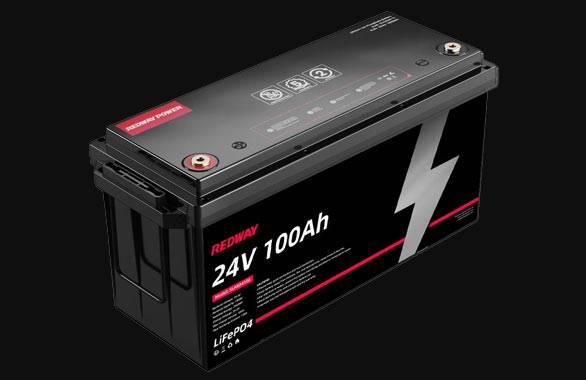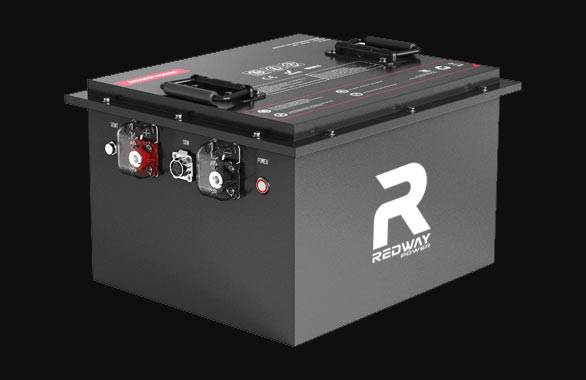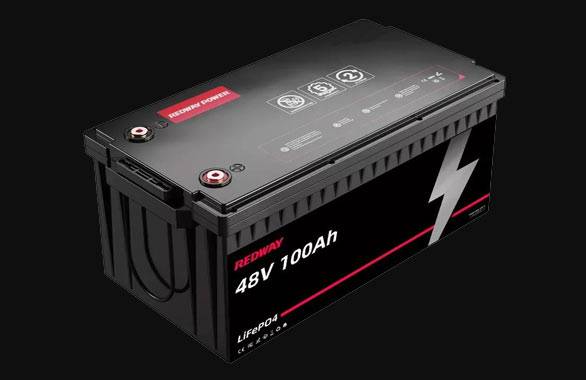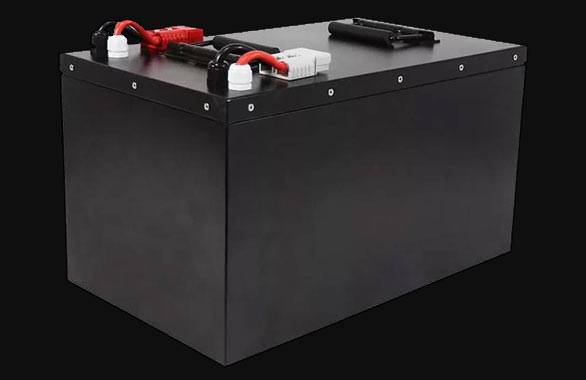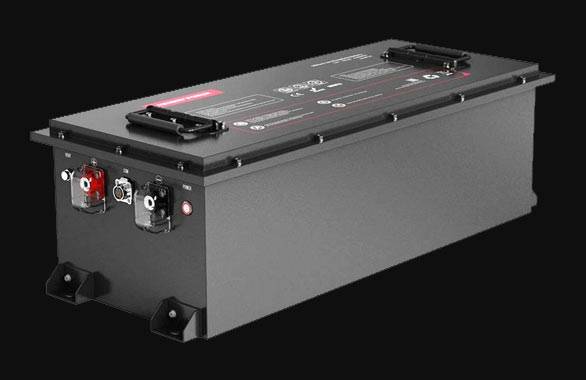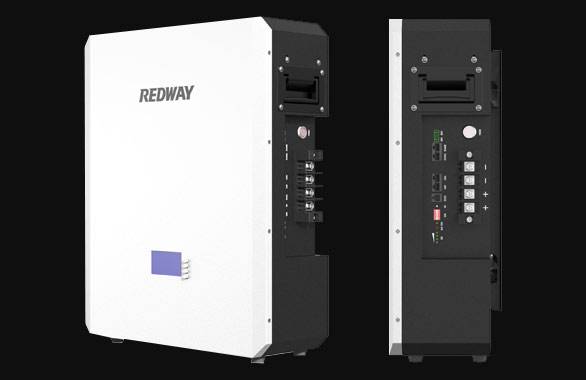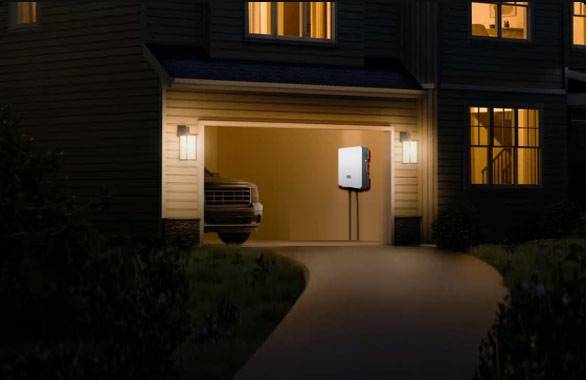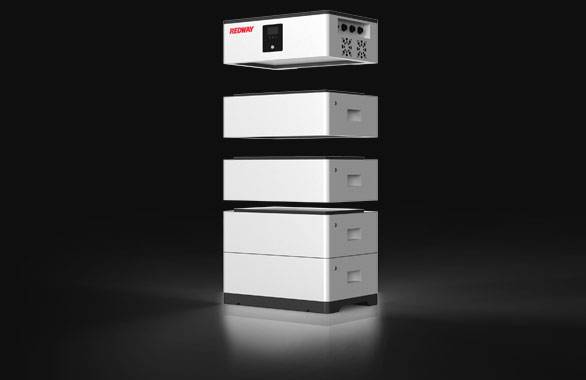- Forklift Lithium Battery
- Golf Cart Lithium Battery
- Rack-mounted Lithium Battery
51.2V 100Ah Rackmount LiFePO4 Battery
8000 times (80% DOD 0.5C)
Optional SNMP for TELECOM - Car Starter Battery
- 12V LiFePO4 Battery
12V 150Ah Lithium RV Battery
Bluetooth App | Self-heating
LiFePO4 | Group 31
UL 1642 | IEC 62619 - 24V LiFePO4 Battery
- 36V LiFePO4 Battery
- 48V LiFePO4 Battery
- 60V LiFePO4 Battery
60V 100Ah Lithium Battery (AGV, AMR, LGV)
Peak Discharge Current 400A
500 x 298 x 349 mm - 72V~96V LiFePO4 Battery
72V 100Ah Lithium Golf Cart Battery
Peak Discharge Current 315A (10S)
740 × 320 × 246 mm - Wall-mounted Lithium Battery
51.2V 100Ah 5kWh
Wall-mounted Battery532 x 425 x 170 mm / LiFePO4
>8000 Cycles (80% DOD 0.5C)
RS485 / CAN-bus
for Solar Home ESS - Home-ESS All-in-One
51.2V 32kWh
All-in-On HESS SystemPowerAll
51.2V / LiFePO4
>8000 Cycles (80% DOD 0.5C)
RS485 / CAN-bus / WiFi
All-in-One for Home ESS
Do I Need a Special Charger for Lithium Batteries in My RV?

When it comes to powering your RV with lithium batteries, understanding the importance of a specialized charger is crucial for maintaining the longevity and efficiency of your battery system. At Redway Power, we emphasize the significance of using a charger specifically designed for lithium batteries, especially given our extensive experience in manufacturing LiFePO4 batteries.
Yes, you need a special charger for lithium batteries in your RV. Lithium batteries require chargers that provide specific voltage and current profiles to safely and efficiently charge them. Using the wrong charger can lead to incomplete charging, reduced battery life, or safety hazards. Redway Power’s advanced lithium battery technology emphasizes compatible charging systems to optimize performance and longevity.
What Are the Different Methods to Charge Lithium Batteries in RVs?
Lithium batteries in RVs can be charged via shore power, generators, alternators, solar panels, or dedicated lithium battery chargers. Each method supplies power differently but must be paired with chargers or converters compatible with lithium chemistry to ensure correct voltage and current regulation.
Why Do Lithium Batteries Require Special Chargers?
Lithium batteries differ from lead-acid types in their charging voltage, current acceptance, and charging phases. They require chargers that provide a constant current followed by a precise constant voltage phase, typically around 14.4 to 14.6 volts for 12V lithium batteries. Special chargers prevent overcharging and enable battery balancing, protecting cells from damage.
How Does the Battery Management System (BMS) Influence Charging?
The BMS inside lithium batteries monitors voltage, temperature, and current of individual cells, ensuring safe operation. It communicates with the charger to regulate charging and prevent overheating or overvoltage. Chargers not designed for lithium batteries often cannot interface properly with the BMS, risking battery damage.
What Risks Arise from Using the Wrong Charger for Lithium Batteries?
Using a charger meant for lead-acid batteries can cause overheating, incomplete charging, shortened battery life, or even fire hazards. Incompatible chargers fail to engage the BMS protection features, leading to unsafe charging conditions and potential battery failure.
How Do RV Charging Systems Interact with Lithium Batteries?
Most RVs come with converters and chargers designed for lead-acid batteries. These systems may not provide the optimal charging profile for lithium batteries. Upgrading to lithium-compatible smart chargers or adding dedicated lithium battery chargers ensures proper voltage regulation and charging efficiency.
What Are the Best Practices for Charging Lithium RV Batteries?
Use chargers specifically designed for lithium batteries, monitor battery state of charge regularly, avoid deep discharges below 20%, and charge batteries in temperature-controlled environments. Regular charging maintains battery health and maximizes lifespan.
How Long Does It Typically Take to Charge Lithium Batteries in RVs?
Charging time depends on battery capacity and charger output. Lithium batteries accept higher charging currents and can charge 2-4 times faster than lead-acid batteries. For example, a 100Ah lithium battery can charge fully in 2-3 hours with a 40-50A charger.
Charging Time Comparison Chart
| Battery Type | Typical Charge Time | Notes |
|---|---|---|
| Lead-Acid | 6-12 hours | Slower absorption phase |
| Lithium (Redway Power) | 2-3 hours | High charge acceptance rate |
What Safety Measures Should Be Taken When Charging Lithium Batteries?
Ensure proper ventilation, use compatible chargers, avoid charging in freezing temperatures, and regularly inspect battery terminals and connections. Follow manufacturer guidelines and never leave batteries unattended while charging.
How Does Redway Power Ensure Quality and Reliability in Lithium Battery Chargers?
Redway Power leverages 13 years of OEM lithium battery manufacturing experience and ISO 9001:2015 certification to produce battery packs with integrated BMS and supports compatible charging solutions. Their MES-driven production ensures consistent quality, safety, and performance in lithium battery systems for RVs.
Can Existing RV Chargers Be Upgraded for Lithium Battery Use?
Yes, many RV owners upgrade their existing lead-acid chargers to smart chargers with lithium settings or install dedicated lithium battery chargers. This upgrade allows safe charging and maximizes battery efficiency without replacing the entire electrical system.
What Temperature Factors Affect Lithium Battery Charging?
Lithium batteries should not be charged below 32°F (0°C) as cold temperatures can damage cells. Charging current should be reduced at high temperatures to prevent overheating. Temperature-controlled environments or chargers with temperature sensors optimize charging safety.
Why Regular Chargers Are Not Suitable
Using a standard lead-acid battery charger for your lithium batteries can lead to several issues. These conventional chargers are not equipped to handle the unique requirements of lithium battery chemistry. Here are a few key reasons why a dedicated charger is essential:
- Overcharging Risks: Regular chargers often deliver a higher voltage than what lithium batteries can safely handle. This can lead to overcharging, which may cause damage or even render the battery unusable.
- Charging Profile Mismatch: Lithium batteries require a specific charging profile to charge efficiently. Regular chargers do not adapt their voltage and current settings as needed, resulting in inadequate charging.
- Battery Management System (BMS) Conflicts: Most lithium batteries come with an integrated Battery Management System that monitors the battery’s condition and manages charging. Regular chargers may not communicate effectively with the BMS, leading to improper charging cycles.
Benefits of Using a Specialized Lithium Charger
Investing in a quality lithium battery charger designed for RV use provides numerous benefits that enhance battery performance and safety:
- Optimal Charging Voltage and Current: Dedicated lithium chargers provide the correct voltage and current levels, ensuring that your batteries charge efficiently and safely.
- Temperature Compensation: Many specialized chargers come equipped with temperature compensation features, which adjust the charging parameters based on the ambient temperature. This is particularly important in RVs, where temperatures can fluctuate dramatically.
- Smart Charging Algorithms: These chargers utilize advanced charging algorithms tailored for lithium batteries. They can adjust the charge cycle dynamically, prolonging battery life and enhancing performance.
Maximizing Battery Life and Performance
To get the most out of your lithium batteries while ensuring their longevity, here are some best practices when using a specialized charger:
- Follow Manufacturer Guidelines: Always adhere to the charging instructions provided by the battery manufacturer. Each lithium battery may have specific requirements.
- Monitor Battery Health: Regularly check the state of your battery and its charging system. Many smart chargers come with built-in displays that show battery status, voltage, and charging progress.
- Utilize Smart Features: If your charger has smart features, such as an automatic shut-off or maintenance mode, take advantage of these to protect your battery and maximize efficiency.
Safety Mechanisms to Consider
Safety should always be a priority when dealing with batteries. A specialized lithium charger typically includes several safety features to protect both the battery and the user:
- Overcurrent Protection: This prevents excessive current from flowing into the battery, reducing the risk of overheating and damage.
- Short-Circuit Protection: In case of a short circuit, the charger will automatically shut down to prevent potential hazards.
- Overtemperature Protection: Many chargers monitor the temperature of both the charger and the battery, shutting off charging if temperatures exceed safe limits.
Choosing the Right Charger for Your RV
When selecting a charger for your lithium batteries, consider the following factors:
- Compatibility: Ensure that the charger is specifically designed for lithium batteries and compatible with the voltage of your battery system (12V, 24V, etc.).
- Charging Speed: Look for chargers with adjustable settings or those that can provide fast charging options, which can be particularly useful for RV travel.
- Portability: Since RVs often require mobility, a lightweight and compact charger can make it easier to manage your power needs on the road.
- Brand Reputation: Choose a charger from a reputable brand known for quality and reliability. At Redway Power, we stand behind the quality of our LiFePO4 batteries and recommend chargers that meet the highest standards.
Conclusion
In conclusion, using a specialized charger for lithium batteries in your RV is not just advisable; it’s essential for maximizing performance and safety. The right charger will not only prolong the lifespan of your batteries but also enhance their efficiency, giving you peace of mind as you travel.
At Redway Power, we understand the needs of RV enthusiasts and provide top-notch LiFePO4 batteries tailored for various applications, including RVs and golf carts. Our commitment to quality ensures that you receive reliable energy solutions for all your adventures. Contact us today for a quick quote and elevate your RV experience with our exceptional battery solutions.


